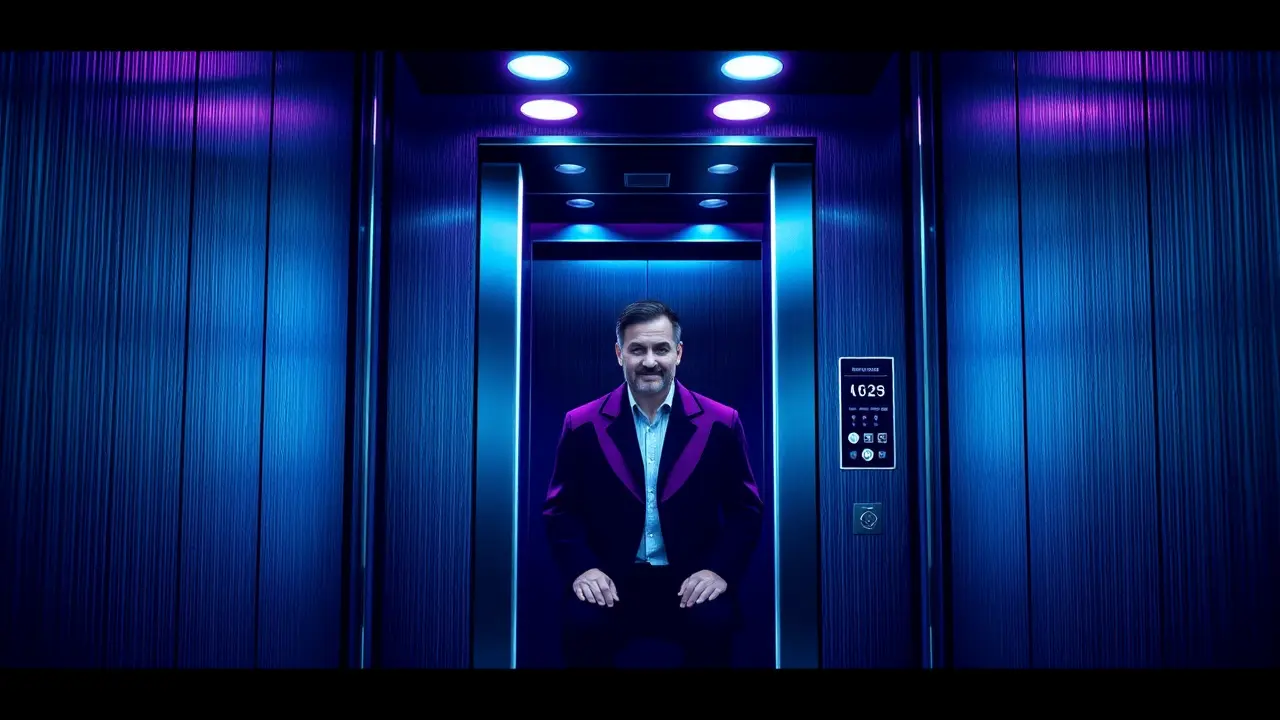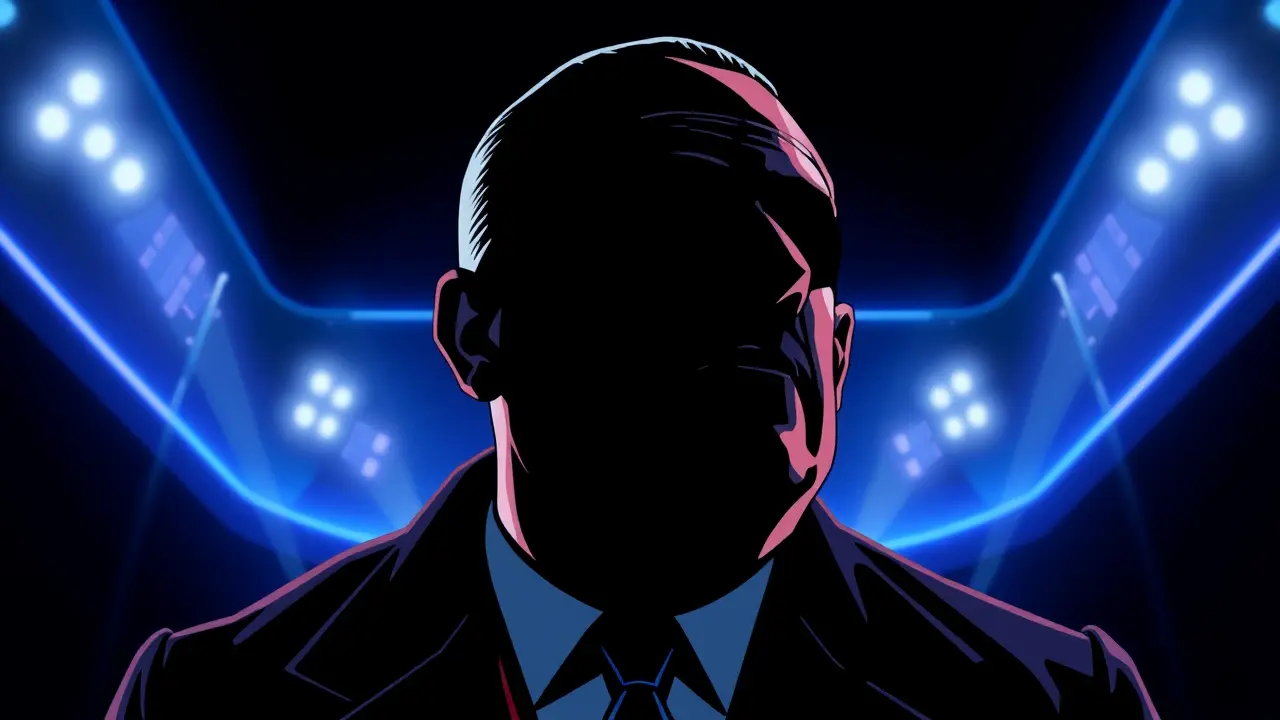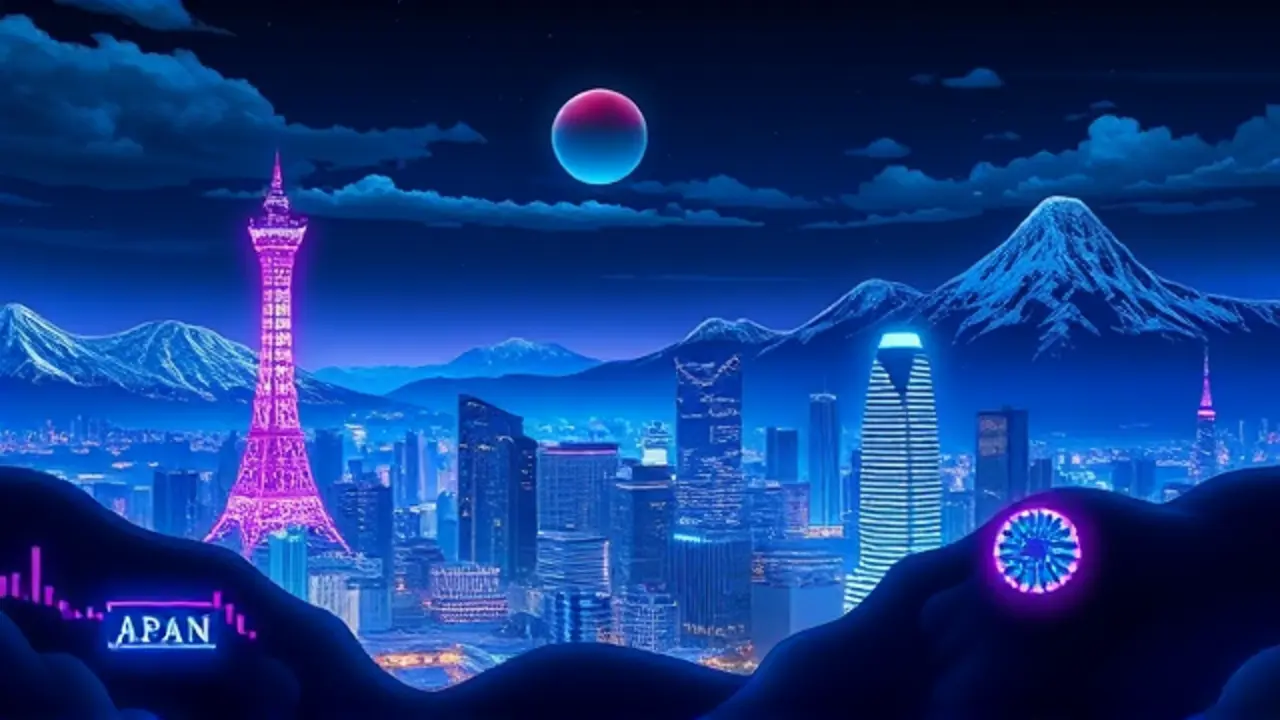
EntertainmentreviewsFilm Reviews
Review of Nick Paumgarten's Article on an Elevator Ordeal
LA
Laura Bennett
15 hours ago7 min read
The story of a man trapped in an elevator for forty-one hours, as recounted by Nick Paumgarten, isn't just a tale of mechanical failure; it's a profound, almost archetypal study of the human condition under duress, a microcosm of modern anxiety and resilience that I find utterly captivating. Imagine the scene: the sudden lurch, the lights flickering, the quiet hum of the building replaced by an oppressive silence.For the first hour, there's perhaps a sense of novelty, a bizarre interruption to the day's rhythm. You press the buttons, you call out, you assume it's a temporary glitch.But as the minutes stretch into hours, and the hours into a day and then another, that novelty curdles into a deep, primal dread. The elevator car, once a vessel of mundane transit, transforms into a sealed chamber, a psychological pressure cooker where every thought echoes and amplifies.I've spoken to people who have endured lesser confinements—stuck in traffic for hours, locked in a room by accident—and the common thread is the rapid dissolution of the civilized self. The initial patience gives way to frustration, then to a bargaining desperation, and finally, for some, to a quiet, terrifying acceptance.This man’s forty-one-hour ordeal is a marathon of the mind, a test of endurance that rivals any physical feat. What did he think about? Did he replay his life's regrets, or dream of the simple pleasures he'd taken for granted—a cool breeze, a warm meal, the unconstrained space of a park? The anxiety Paumgarten captures is so potent because it's so universally relatable; it’s the fear of being utterly helpless, of having your agency stripped away by the very technology designed to serve you.We install these machines in our lives, these vertical railways, trusting them with our physical safety dozens of times a day, rarely considering the intricate dance of cables, motors, and sensors that hold us aloft. His story forces that consideration.It makes you look at the closed doors with a new wariness, a flicker of what-if. But beyond the anxiety, there's a narrative of profound human endurance.To survive such an experience is to confront the very core of one's being. Did he find a reservoir of calm he never knew he possessed? Did he sleep, and if so, what dreams visited him in that metallic tomb? The rescue, when it finally came, must have felt like a rebirth, the world outside appearing with a shocking intensity of color, sound, and smell.This story resonates not because it's a freak accident, but because it's a stark, concentrated metaphor for the invisible boxes we all inhabit—the routines, the expectations, the societal pressures that can sometimes feel just as inescapable. Paumgarten, with his deft touch, gives us just the right amount of this existential anxiety, enough to unsettle us deeply but not so much that we look away. It’s a masterclass in finding the extraordinary, the deeply human, within a seemingly straightforward news item, reminding us that the most compelling stories are often not about the events themselves, but about the quiet, unyielding human spirit that endures them.
#featured
#elevator
#trapped
#anxiety
#Nick Paumgarten
#Ed Caesar
#review
#human interest
Stay Informed. Act Smarter.
Get weekly highlights, major headlines, and expert insights — then put your knowledge to work in our live prediction markets.
Related News
© 2025 Outpoll Service LTD. All rights reserved.











